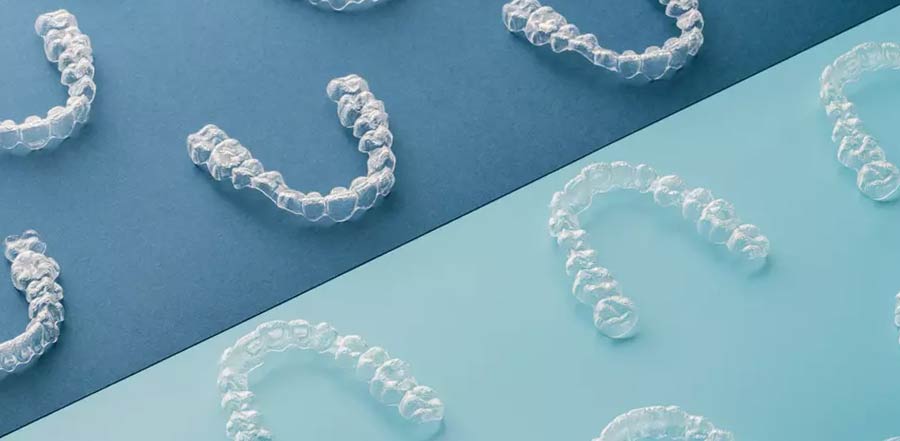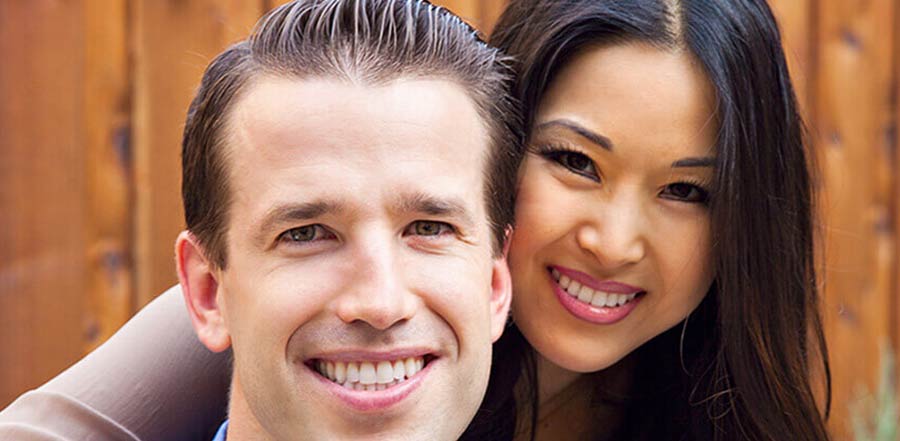Orthodontics Treatment in or near Richmond Heights
Anyone searching for an orthodontist in the Richmond Heights area the area has a variety of options. With that said why do so many Richmond Heights residents choose Lakes Orthodontics as their preferred orthodontist? Today it seems that everybody is offering orthodontic services. The reality is that there are several of dental professionals advertising orthodontic services even when they are not qualified to do so. It goes beyond that you can now even order Invisalign clones via mail from SmilesDirect! However, families who know better still prefer the service only a certified orthodontist can deliver. If you are looking braces we ask you to call us for a free no obligation consultation where we will show you what is the difference between braces from Home Depot versus that of Orthodontics Treatment Richmond Heights, Fl .
Even though the ADA says that general dentists are qualified to prescribe braces the huge gap in education and qualification tells us otherwise. Orthodontic Braces are installed over your dentures to correct its alignment. If not performed the right way, you could experience many health issues coming from the idea that you can’t grind or eat your food correctly.
If you are choosing to get braces, it’s best that you talk with an orthodontist instead of a general dentist. Orthodontists have extensive experience about the correct alignment of teeth. A regular dentist’s knowledge, on the other hand, isn’t within the said area.
If it comes to training, an orthodontist has two to 3 added years’ worth of specialization compared to a general dentist. This suggests that they’re can do better than general dentists can do, and it includes installing wires, braces, Invisalign, and similar corrective appliances on your dentures.
Go to an orthodontist if you do not want to experience the painful effects such as overbite and head-splitting migraines. These are the general concerns of individuals who opted to consult with a regular dentist instead of an orthodontist for braces. Free yourself of all these concerns and talk only with the experts who are especially trained for the job.
Remember that issues with your teeth influence your entire health. If your dentures are causing you pain then the rest of your body will not able to function to the fullest.
Pediatric Orthodontist Specialist in Richmond Heights, FL
Dr. Carmen Briceño Crespi is your local board-certified orthodontist serving the Richmond Heights area. The moment that you have decided that consulting with an orthodontist is preferable than going to a regular dentist, then the next step is to look for the orthodontist who is right for you. There are two kinds of orthodontists: regular orthodontists and board-certified orthodontists. If you must choose between the two, always opt for the board-certified experts.
Aside from the knowledge and specialization that regular orthodontists go through, the board certified experts offer improved and comprehensive dental care. This is because they are asked to renew their certification every 10 years so as to keep the certification.
To become a board-certified orthodontist, one must enlist with the American Board of Orthodontics. They have to comply with the accreditation guidelines of the organization and abide by their every rule to keep their membership status. Renewal of certificate is also required, which could also suggest they need to go through continual education.
There are different advantages to talking to a board-certified orthodontist and they have mean assurance of getting premium oral care. Board certified orthodontists can provide you with the necessary dental care, as well as align your teeth to assure you that beautiful smile. These orthodontists will make sure that you’ll gain your confidence back.
Blog Related to Orthodontics Specialist in Richmond Heights, FL
What is a Board Certified Orthodontist?
Why is a Board Certified Orthodontist the #1 choice for my orthodontic treatment? We often hear the question, ” Who is the best person to help [...]
How Long Does Invisalign Take?
Before embarking on any orthodontic journey, you will most likely be itching to know when the journey will be over. Whether it be braces or Invisalign, [...]
Invisalign! Does it really work?
What is the truth about Invisalign, Smile Direct Club, and all of these new braces I see online and on TV? A few weeks ago, at [...]





